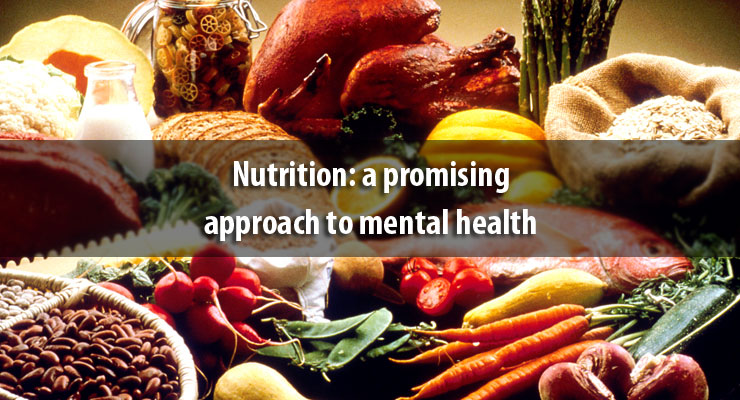Over the last few years, researchers have become more open to the idea that diet and mental health are inextricably linked. Several studies have demonstrated that connection.
One common thread among these studies is the importance of whole foods—such as fresh fruits and vegetables, whole grains, and fish—in one’s diet. This makes sense since whole foods (especially in substantial quantities and varieties) are richer in the vitamins and minerals needed for proper brain function. As compared to junk food, which is deficient in many of the nutrients
Here are 6 studies that specifically connect fresh fruits and vegetables (as well as a few other healthy foods) with positive mental health,
… Continued











